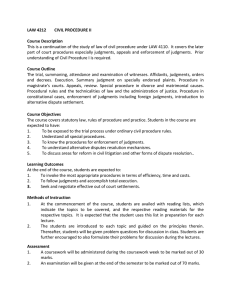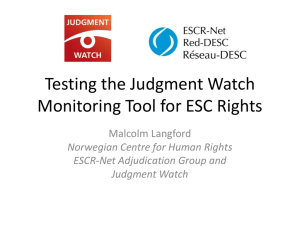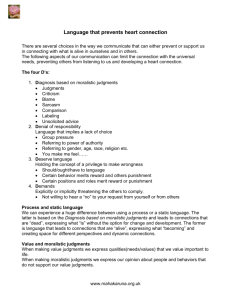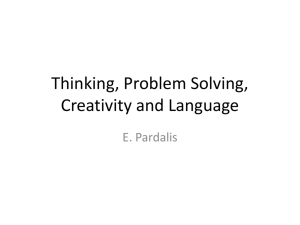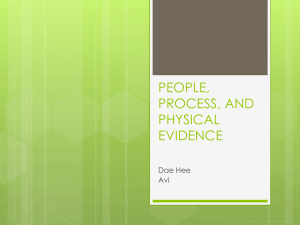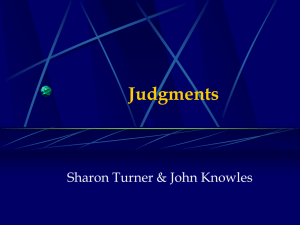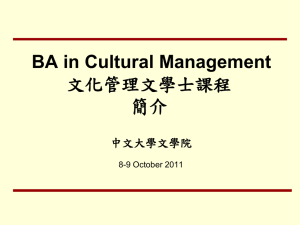Literature summary
advertisement
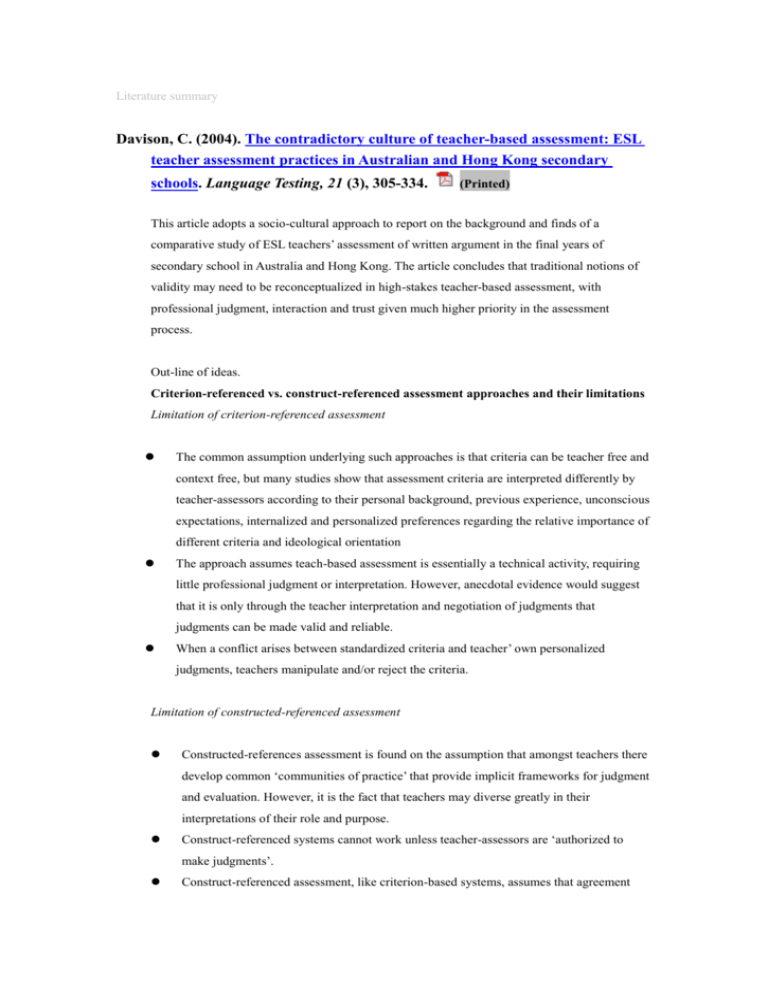
Literature summary Davison, C. (2004). The contradictory culture of teacher-based assessment: ESL teacher assessment practices in Australian and Hong Kong secondary schools. Language Testing, 21 (3), 305-334. (Printed) This article adopts a socio-cultural approach to report on the background and finds of a comparative study of ESL teachers’ assessment of written argument in the final years of secondary school in Australia and Hong Kong. The article concludes that traditional notions of validity may need to be reconceptualized in high-stakes teacher-based assessment, with professional judgment, interaction and trust given much higher priority in the assessment process. Out-line of ideas. Criterion-referenced vs. construct-referenced assessment approaches and their limitations Limitation of criterion-referenced assessment The common assumption underlying such approaches is that criteria can be teacher free and context free, but many studies show that assessment criteria are interpreted differently by teacher-assessors according to their personal background, previous experience, unconscious expectations, internalized and personalized preferences regarding the relative importance of different criteria and ideological orientation The approach assumes teach-based assessment is essentially a technical activity, requiring little professional judgment or interpretation. However, anecdotal evidence would suggest that it is only through the teacher interpretation and negotiation of judgments that judgments can be made valid and reliable. When a conflict arises between standardized criteria and teacher’ own personalized judgments, teachers manipulate and/or reject the criteria. Limitation of constructed-referenced assessment Constructed-references assessment is found on the assumption that amongst teachers there develop common ‘communities of practice’ that provide implicit frameworks for judgment and evaluation. However, it is the fact that teachers may diverse greatly in their interpretations of their role and purpose. Construct-referenced systems cannot work unless teacher-assessors are ‘authorized to make judgments’. Construct-referenced assessment, like criterion-based systems, assumes that agreement within the community, rather than disagreement, is primary. Preoccupations of teachers involved in the assessment process In Melbourne, fate of individual and their life chances are paramount in teachers’ thoughts. In Hong Kong, respect and face are more important considerations. Many Hong Kong teachers perceive the ‘authority’ of the external examination as the source of authority and respect to their judgements (School-based judgements). An emerging framework for describing teacher assessment beliefs, attitudes and practice Teachers’ assessment orientations: Arbiter of ‘community’ values – whose judgments are both community and student referenced Assessor as God.- whose judgments are community-bound, reliant on implicit, inarticulate norms of reference, exemplified in comments such as ‘it’s hard to specify…’.


